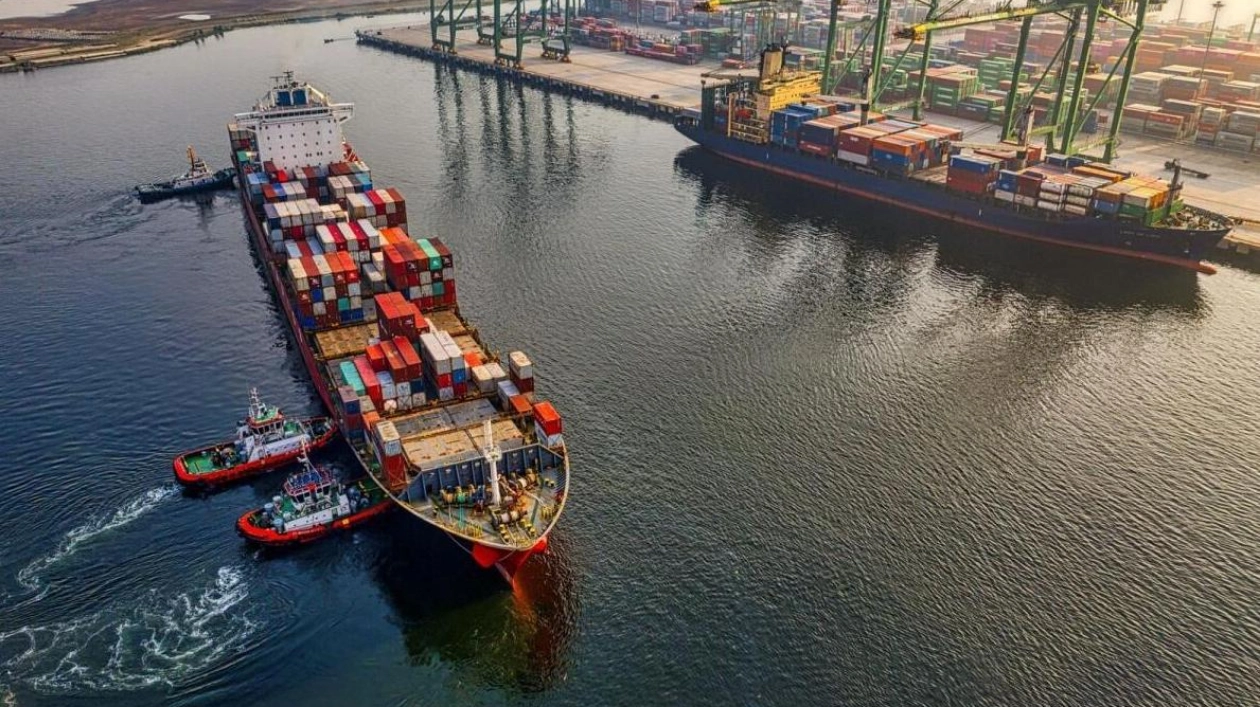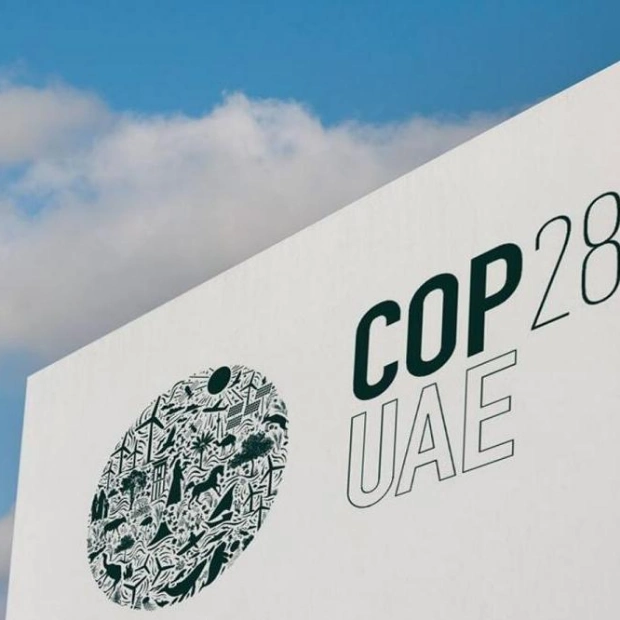The Central Bank of the UAE has forecasted that the country's dynamic foreign trade will persist through 2024 and 2025, supporting a GDP growth projection of 3.9% in 2024, which is expected to rise to 6.2% in 2025. The CBUAE adjusted its inflation prediction for this year to 2.3%, down from 2.5% in its June 2024 Economic Quarterly Review. It also highlighted that the non-hydrocarbon sector of the Arab world's second-largest economy is anticipated to grow by 5.4% in 2024 and 5.3% in 2025, while the hydrocarbon sector is projected to expand by 0.3% in 2024 and 8.4% in 2025. In Q4 2023, the UAE's economy grew by 4.3% year-over-year, surpassing the 2.5% growth in Q3 2023, attributed to both non-hydrocarbon sector acceleration and improved hydrocarbon sector performance. The non-oil trade hit a record Dh3.5 trillion in 2023, underscoring efforts to diversify away from oil. Trade in non-oil goods increased by 12.6% from 2022, and exports of goods and services exceeded Dh1 trillion, setting a new record. The Comprehensive Economic Partnership Agreements (Cepas) with various countries are expected to significantly enhance foreign trade. The IMF anticipates higher growth for the UAE in 2025 compared to 2023 and 2024, with a forecast of 4.2% GDP growth. The World Bank also increased its growth forecast for the UAE to 4.1% in 2025, up from 3.8%. The UAE's current account surplus is projected to reach 8.4% in 2024 and 8.3% in 2025, with a fiscal balance surplus of 5.1%. The consolidated fiscal balance remained positive at Dh85.6 billion in 2023, equivalent to 4.5% of GDP, despite a 13.9% decline in total revenue. Government expenditure rose by 3.1% to Dh440.5 billion. The CBUAE noted strong economic activity in the non-oil private sectors, with the UAE's PMI at 55.3 in April 2024, driven by business optimism. Dubai's PMI was 55.1 in April 2024, reflecting continued growth in the non-oil private sector. The revision of inflation to 2.3% for next year is attributed to lower anticipated increases in commodity costs, wages, and rents due to the dirham's appreciation against the USD.

Text: Lara Palmer
27.06.2024
Central Bank Forecasts Robust GDP Growth and Record Trade Figures for 2024-2025





